The key to success in any industry lies in mastering the niche market. However, only businesses that go beyond meeting the needs of their customers and focus on balancing economic, social, and environmental responsibility can achieve this goal.
- The first economic standard is the most important because it deals with the bottom line – making a profit. To profit, businesses need to control their costs and find ways to increase their revenue.
- The double standard, social, is about being a responsible community member. This includes providing safe working conditions for employees, being environmentally responsible, and obeying all laws and regulations.
- The third standard, environmental, is about minimizing the negative impact of business operations on the environment. This includes reducing pollution, conserving resources, and reducing waste.
The fashion industry has made great strides in meeting these standards in recent years. However, there is always room for improvement. Here are 20 certifications and measures that can help your fashion business succeed:
International Organization for Standardization (ISO) 9001 (2015)
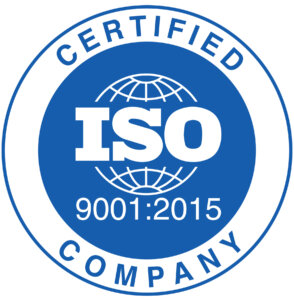
Today, the International Organization for Standardization’s (ISO) 9001:2015 standard is the world’s most widely used quality management system (QMS). Initially published in 1987, the ISO 9001 standard is designed to help businesses meet customers’ needs and continually improve their operations.
In 2015, the ISO 9001 standard was updated to reflect the latest changes in quality management thinking. The new version of the normal emphasizes risk-based decision-making and the needs of all stakeholders, not just customers. It also includes new requirements for managing organizational knowledge and leader involvement in the QMS.
Benefits
- Improved customer satisfaction: ISO 9001 (2015)-certified businesses must have adequate quality management systems in place, which helps ensure that customers are satisfied with the products and services they receive.
- Increased efficiency: Businesses certified to ISO 9001 (2015) are constantly striving to improve their quality management systems, leading to increased efficiency and reduced waste.
- Enhanced reputation: Customers are more likely to do business with companies certified to ISO 9001 (2015), as this certification is an internationally recognized mark of quality.
Overall, the ISO 9001 (2015) standard provides a framework for businesses in the textile industry to improve their quality management systems and increase customer satisfaction. Certification to this standard can help companies to improve their efficiency, reduce waste, and enhance their reputation.
Global Organic Textile Standard (GOTS)
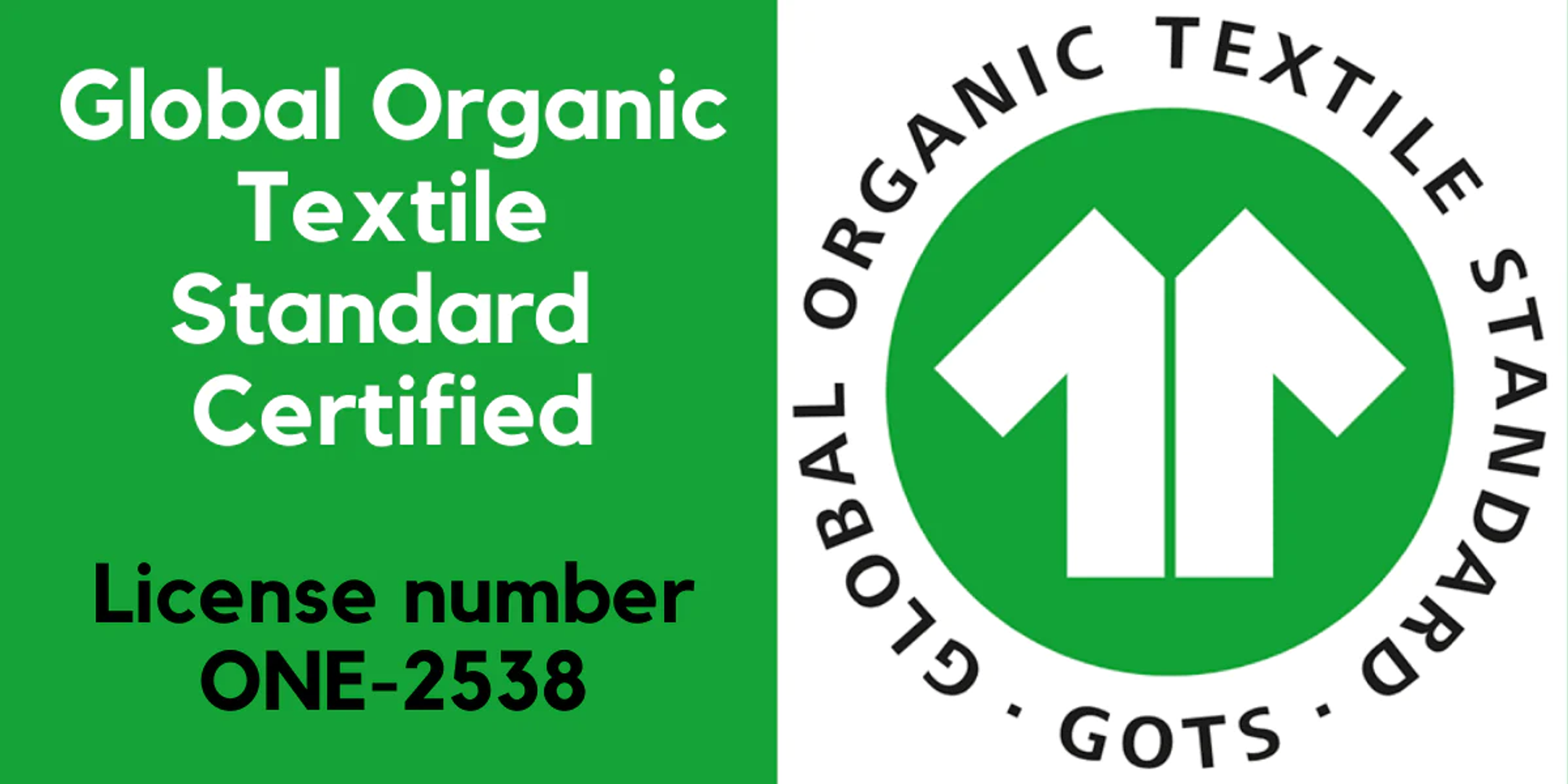
As the name suggests, the Global Organic Textile Standard (GOTS) is an international certification governing organic textiles production. To be certified, businesses must meet a strict set of criteria for everything from raw materials and wastewater treatment to social and environmental practices. In addition, GOTS-certified products must be made from a minimum of 70% organic fibres.
Benefits
- It is recognized by retailers and consumers around the world,
- It helps businesses to stand out in a competitive marketplace,
- It provides clear guidelines businesses can follow to ensure they operate sustainably and ethically.
- Data also shows that GOTS-certified businesses outperform their non-certified counterparts in terms of sales and profitability.
Fair Trade
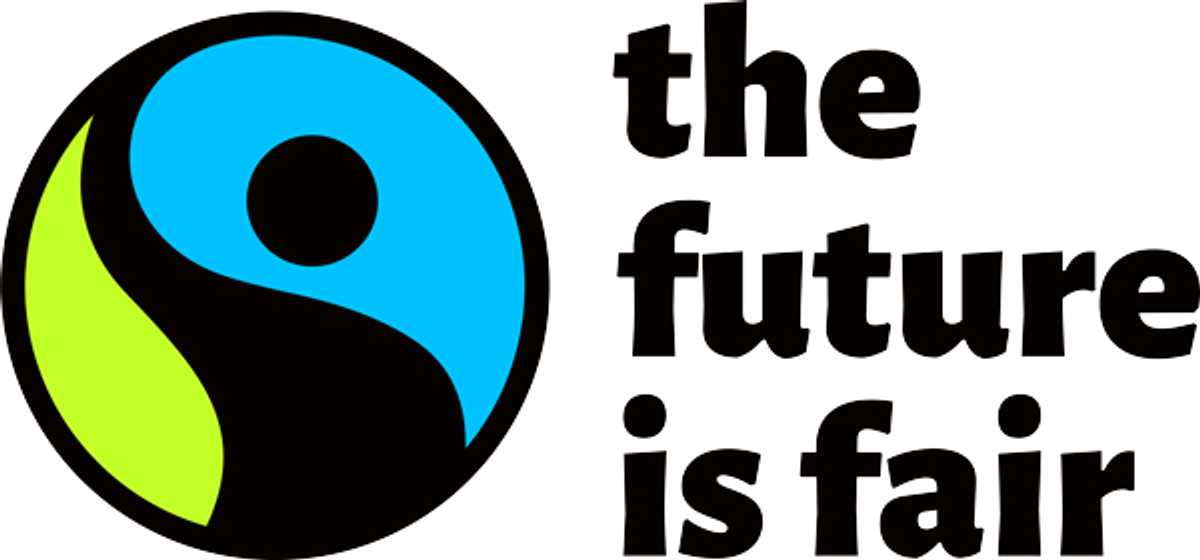
The Fair Trade certificate by World Fair Trade Organisation assures that the textile product has been made with cotton grown and harvested under fair and safe working conditions.
Benefits
- Access to a global community of like-minded businesses
- Improved working conditions and wages for employees
- A reduction in environmental impact
- A boost to local economies
- Enhanced brand image and consumer trust
As the global market for ethical and sustainable products grows, businesses certified by the World Fair Trade Organisation will be well-positioned to tap into this burgeoning market. Ultimately, the Fair Trade certificate allows firms to differentiate themselves from their competitors while also doing well globally.
ECO PASSPORT
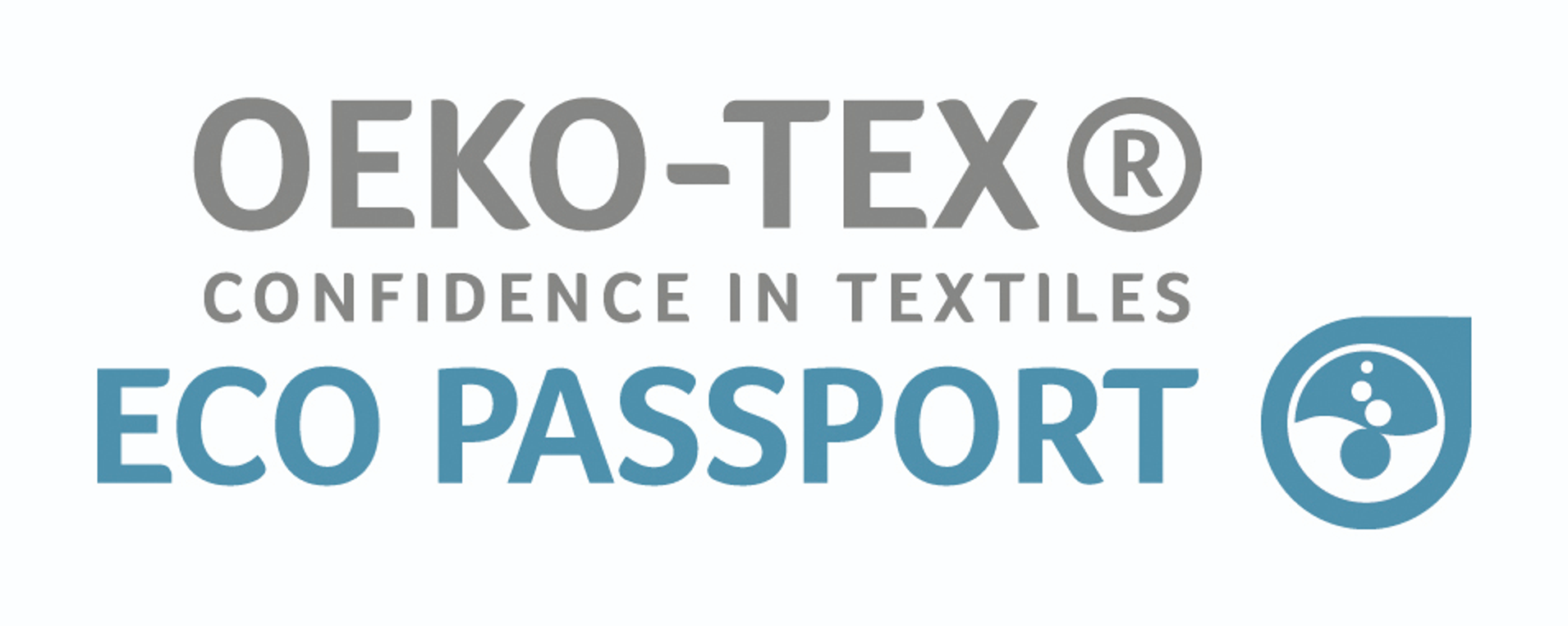
ECO PASSPORT by OEKO TEX is a global testing and certification system that assesses chemicals used in the textile industry for their impact on human health and the environment. Businesses certified by ECO PASSPORT can display the OEKO-TEX logo on their products, which helps to reassure consumers that their products are safe.
Benefits
- It reassures consumers that the textile products they buy are free from harmful levels of chemicals.
- It helps businesses comply with regulations regarding using chemicals in textile manufacture.
- It provides a comprehensive database of information on chemicals used in textile production.
- It offers guidance on best practices for managing risks associated with chemicals used in textile production.
ECO PASSPORT certification gives businesses a competitive edge in today’s marketplace and helps to protect both human health and the environment.
SA8000
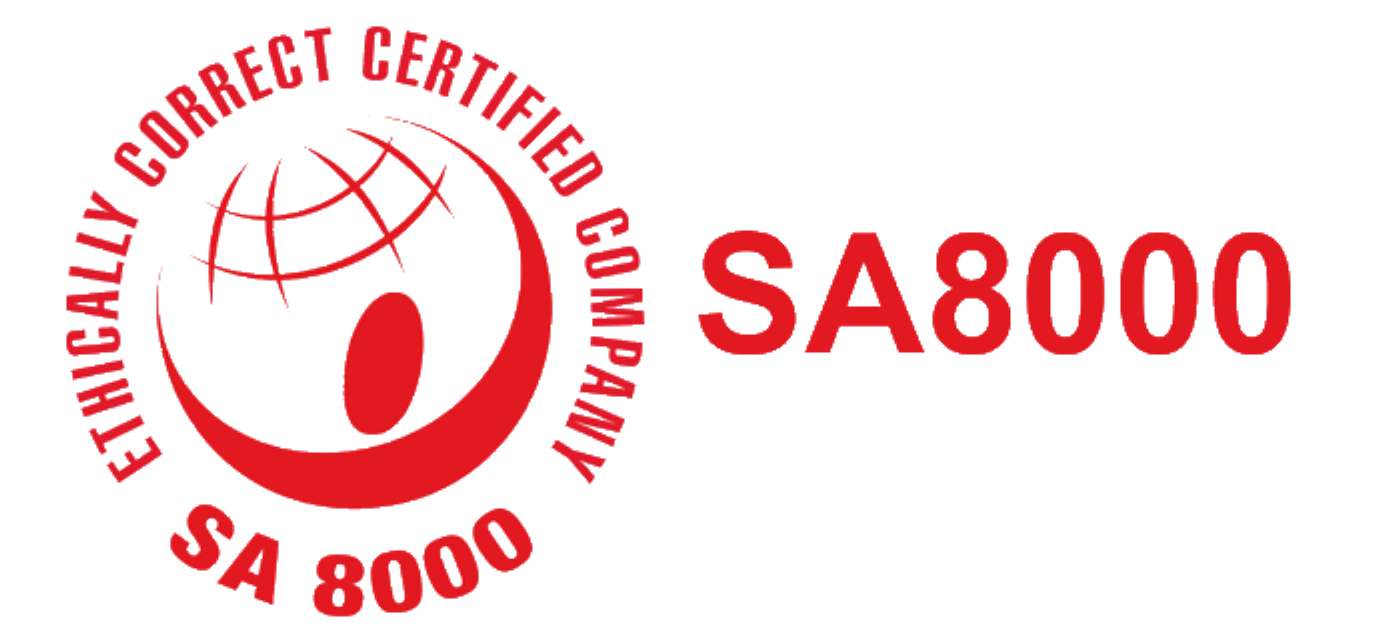
The SA8000 is a voluntary industry standard for businesses in the textile industry. It was developed by Social Accountability International, a nonprofit organization that promotes responsible business practices.
The standard is designed to help businesses address issues about child labour, forced labour, health and safety, freedom of association, and discrimination. To be certified under the SA8000 standard, companies must undergo an independent audit and meet all of the requirements set forth by the standard.
Benefits
- Once certified, businesses can use the SA8000 logo to demonstrate their commitment to social responsibility.
- While the SA8000 standard is voluntary, many businesses in the textile industry choose to certify under it to gain a competitive edge.
- Consumers are increasingly interested in knowing whether the products they purchase are made ethically, and certification under the SA8000 standards is one way for businesses to show that they are committed to social responsibility.
- In addition, some retailers will only do business with suppliers certified under the SA8000 standard. For textile businesses, certification under the SA8000 standard can open up new opportunities and help them to expand their customer base.
Worldwide Responsible Apparel Production (WRAP)
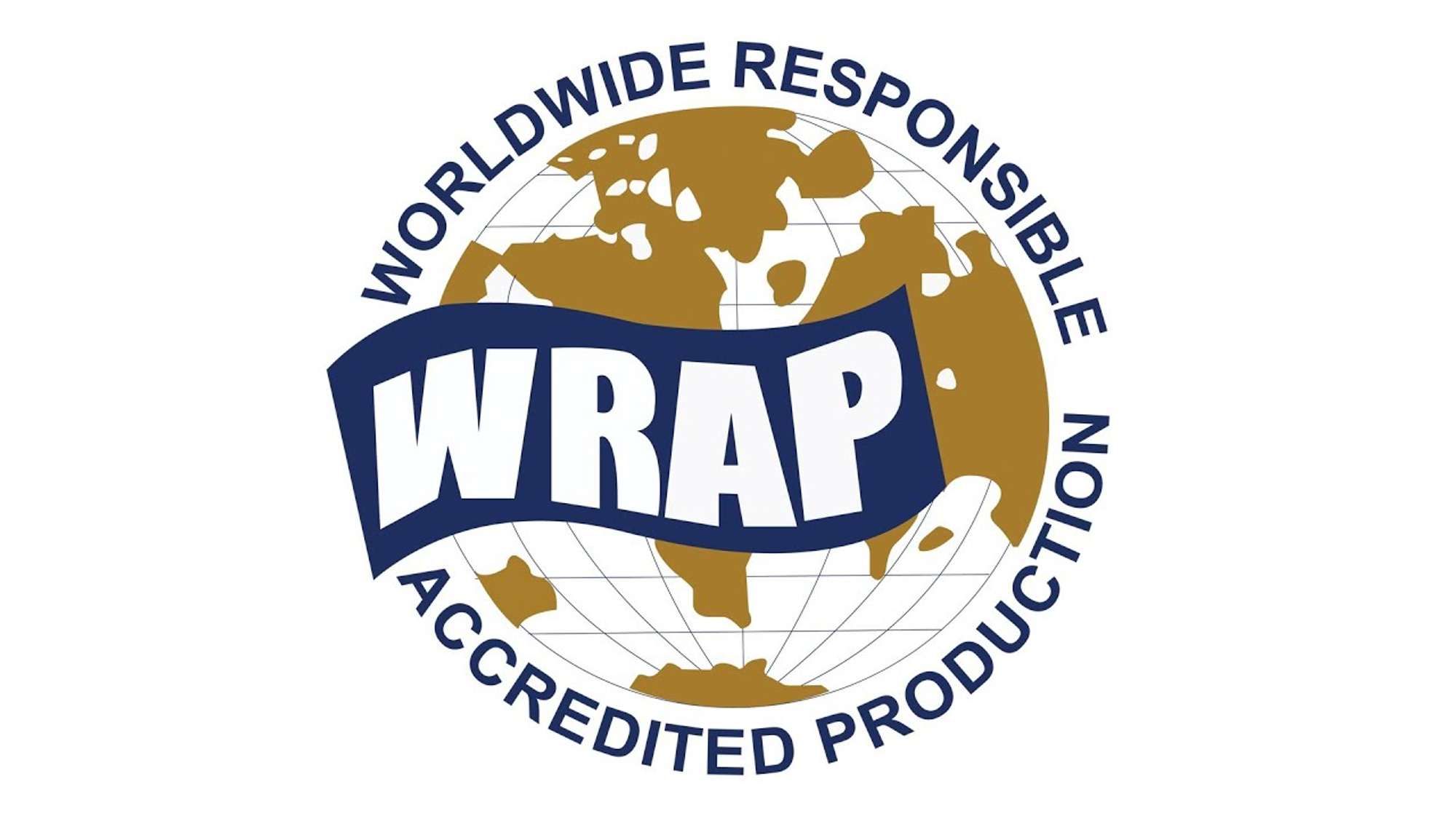
World Responsible Apparel Production, or WRAP, is a nonprofit organization that works with businesses in the textile industry to improve social and environmental conditions throughout the supply chain.
WRAP’s mission is to “promote safe, lawful, humane and ethical manufacturing worldwide.” WRAP certifies factories that meet its standards for workplace safety, worker rights, and environmental sustainability. The organization also provides training and resources to help factories improve their practices.
Benefits
- Working with WRAP can help businesses improve their reputation and increase their sales.
- In addition, it can provide peace of mind knowing that their suppliers are adhering to high standards.
- WRAP’s efforts can help create better working conditions and a cleaner environment for workers and communities.
- Ultimately, WRAP’s goal is to promote a thriving textile industry that balances the needs of people and the planet.
The Bluesign
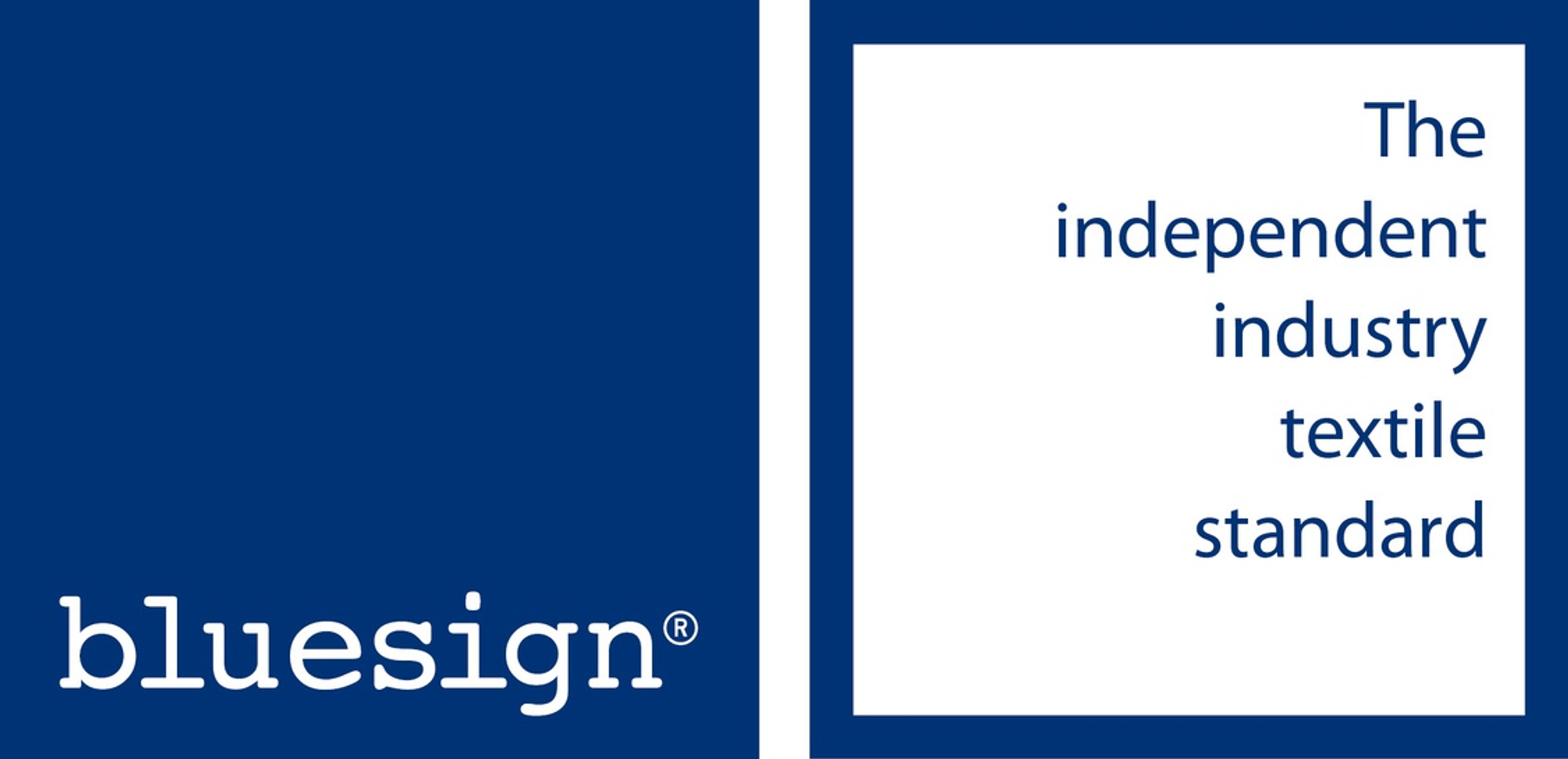
Bluesign is an independent certification system that verifies that textile products have been manufactured in a way that is environmentally and socially responsible.
The system was developed by Swiss-based company Bluesign Technologies in 2000 in response to the growing need for businesses to address the environmental impact of their manufacturing processes.
Under the Bluesign system, businesses must follow strict guidelines to reduce water and air pollution and ensure safe working conditions for employees.
Benefits
- Bluesign certification is widely recognized as one of the most demanding standards in the textile industry. Businesses certified to the Bluesign standard can be considered leaders in sustainable manufacturing practices.
- The Bluesign standard is essential for businesses that want to show their commitment to responsibility and sustainability. By achieving Bluesign certification, companies can demonstrate their dedication to positively impacting the world around them.
Zero Discharge of Hazardous Chemicals (ZDHC)

The Zero Discharge of Hazardous Chemicals (ZDHC) is a multi-stakeholder initiative established in 2011 to protect the environment from the discharge of hazardous chemicals used in the textile industry. The initiative comprises three categories of contributors: signatory brands, value chain affiliates, and partners.
- Signatory brands have committed to implementing the ZDHC Roadmap to Zero programme. As of September 2019, there are over 200 signatory brands, including Adidas, H&M, Levi Strauss & Co., and Puma.
- Value chain affiliates are companies that provide materials, chemicals, or processes that contribute to the production of textile products. Over 500 value chain affiliates, such as DuPont, Huntsman Textile Effects, and Rieter.
- Partners are organizations that support the initiative through advocacy, research, or capacity building. Partners include the nonprofit sustainability organization Greenpeace and the United Nations Industrial Development Organization (UNIDO).
The ZDHC aims to protect the environment from discharging hazardous chemicals used in textile production through several initiatives. These include developing and promoting alternative chemistries, establishing common industry standards for measuring and communicating the presence of dangerous substances in products and wastewater, and providing guidance for businesses on how to implement sustainable chemistry practices. By working together, companies within the textile industry can make a significant contribution to protecting our planet.
Responsible Care

Following the 1986 Bhopal gas leak, in which thousands of people were killed by methyl isocyanate exposure, the Responsible Care initiative was launched by the Chemical Manufacturers Association (now the American Chemistry Council) in the United States. The initiative has since been adopted by chemical industry associations in more than 70 countries. Global chemical companies have also committed to following Responsible Care principles.
Textile businesses that have achieved Responsible Care certification have committed to reducing their environmental impact, improving safety standards, and communicating openly with their stakeholders.
To receive certification, businesses must undergo a rigorous assessment and demonstrate continuous improvement in these areas. As a result, Responsible Care certification provides peace of mind for both consumers and investors.
Registration, Evaluation, Authorization, and Restriction of Chemicals (REACH)
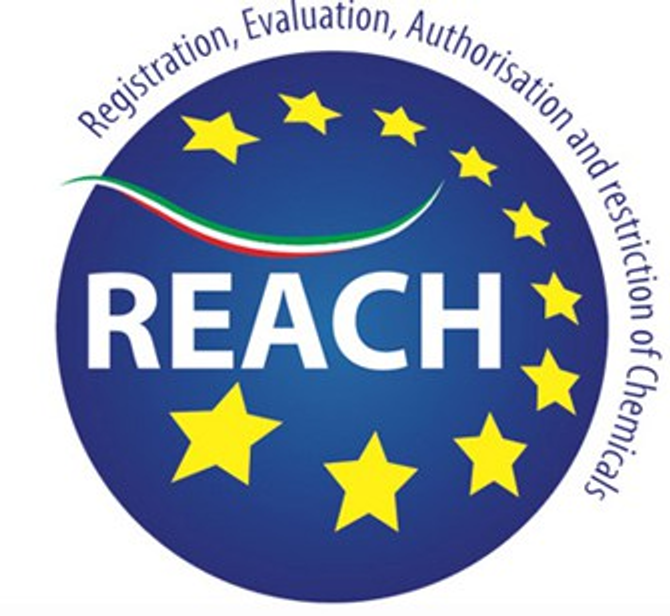
Registration, Evaluation, Authorization, and Restriction of Chemicals (REACH) is a regulation in the European Union that requires manufacturers and importers of chemicals to obtain a certificate to sell their products within the EU market. The REACH regulation protects human health and the environment by ensuring that chemicals are appropriately evaluated and authorized for use.
Benefits
A REACH certificate can be time-consuming and costly, but it offers many benefits for textile businesses.
- First, it provides legal certainty that your products can be sold within the EU market.
- Second, it strengthens your business’s reputation by demonstrating your commitment to safety and environmental protection.
- Third, it gives you the latest information about chemical risks and hazards. Finally, it can help you save money by avoiding costly product recalls or litigation.
Green Seal
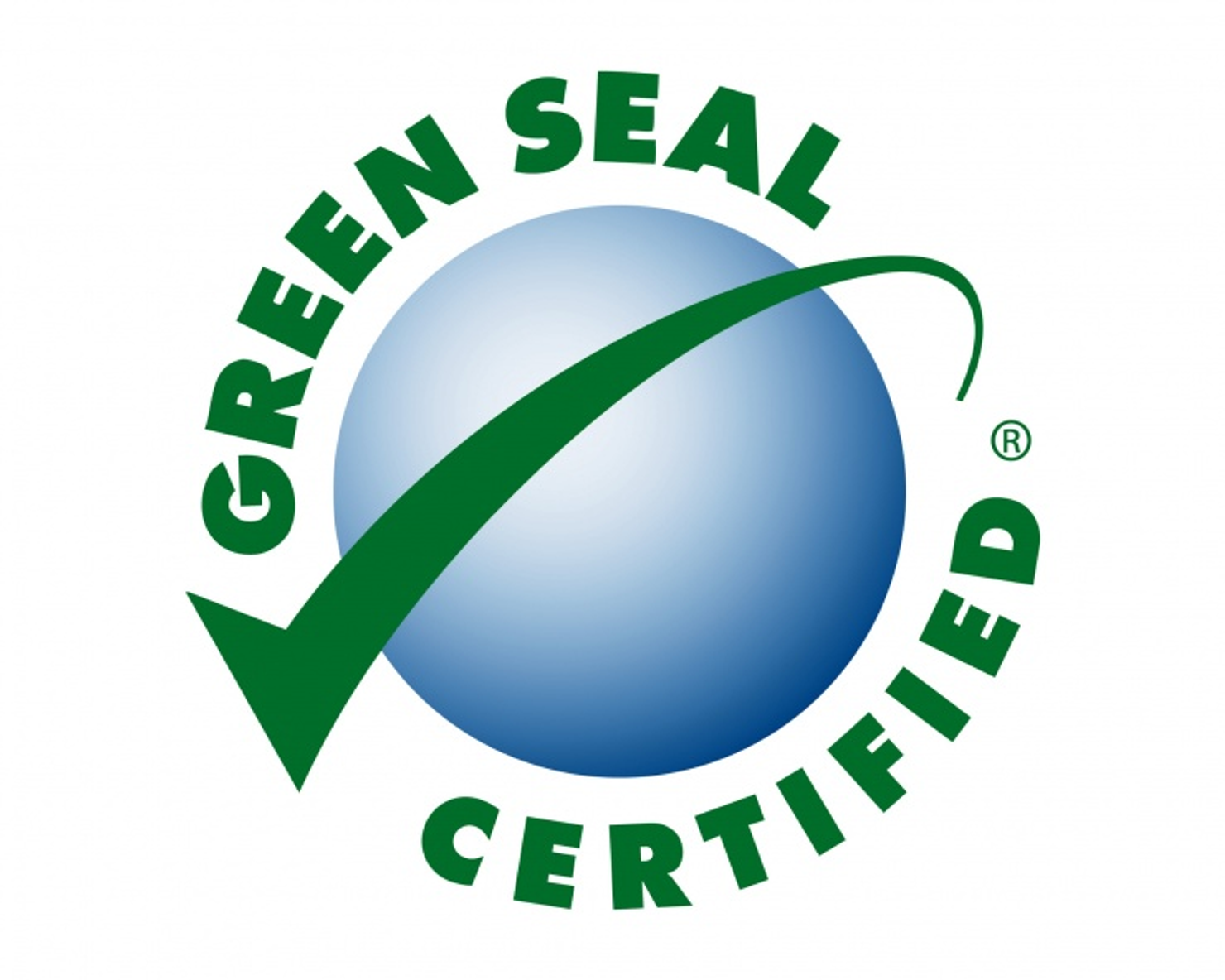
An environmental management system that offers third party certification of a company’s sustainability performance. The certification process includes an in-depth review of a company’s policies and practices and on-site audits. Certification is valid for three years, and businesses must undergo regular audits to maintain their certification.
Benefits
- Increased market access: Customers and clients are increasingly interested in doing business with companies that have demonstrated their commitment to sustainability.
- Improved brand image and reputation: Being certified by Green Seal can help to boost a company’s public image and reputation.
- Reduced resource use and costs: Implementing sustainability practices can help companies to reduce their use of resources and save money.
- Enhanced employee morale: Employees often feel more engaged and motivated when they work for sustainable and socially responsible companies.
Leadership in Energy and Environmental Design (LEED)
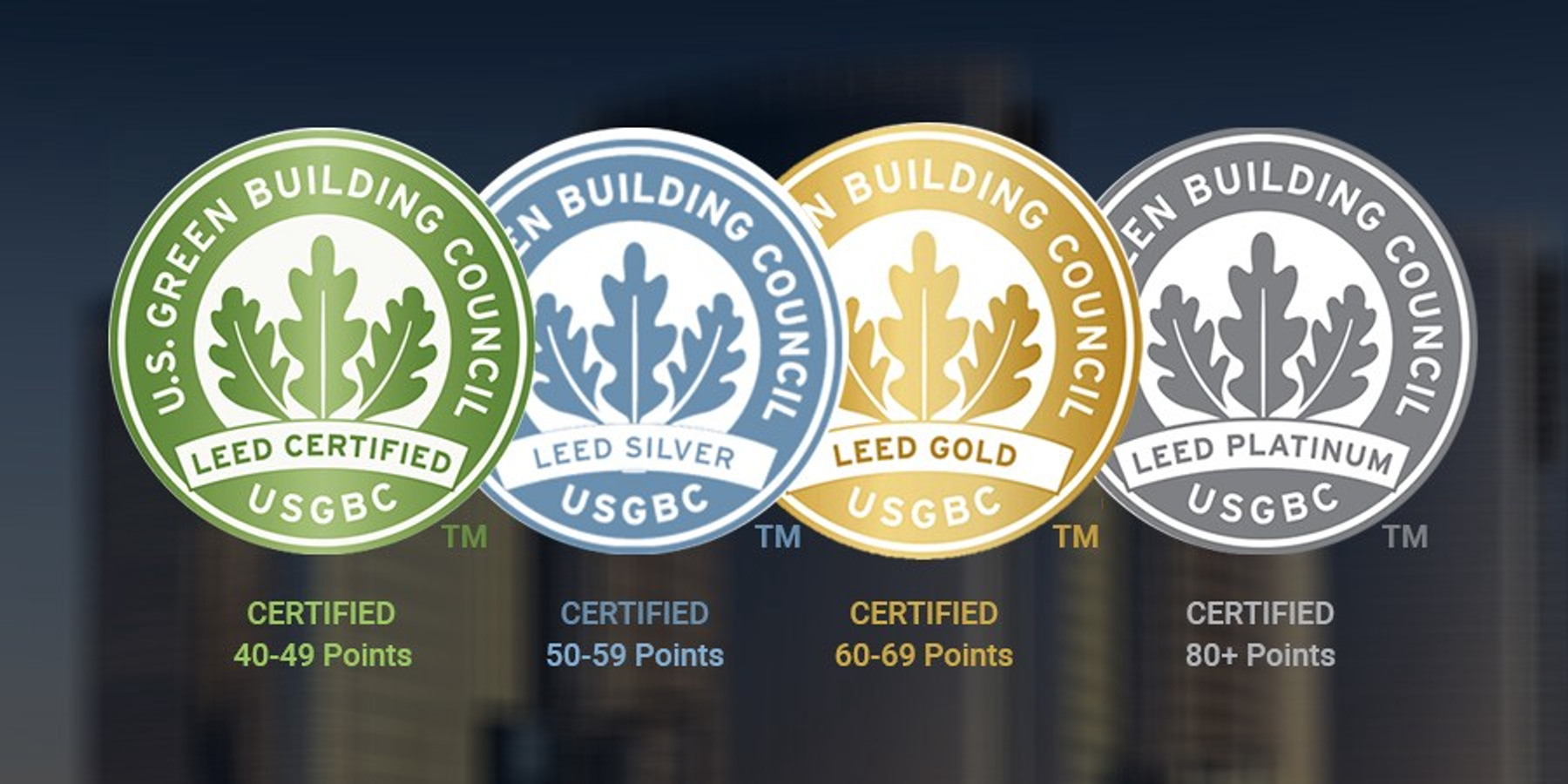
The Leadership in Energy and Environmental Design (LEED) certificate is a designation that recognizes businesses for their commitment to sustainable practices. The certification is administered by the U.S. Green Building Council, and companies can earn points in various categories, including water efficiency, materials and resources, and indoor environmental quality.
Benefits
- The benefits of earning a LEED certificate include reduced energy and water bills, improved indoor air quality, and reduced greenhouse gas emissions.
- In addition, LEED-certified buildings often have higher property values and increased rental rates. They also often qualify for tax incentives and green building loans.
- Earning a LEED certificate can help textile businesses demonstrate their commitment to sustainability and attract environmentally conscious consumers.
- It can also be used as a marketing tool to differentiate the business from its competitors.
Organic Content Standard (OCS)
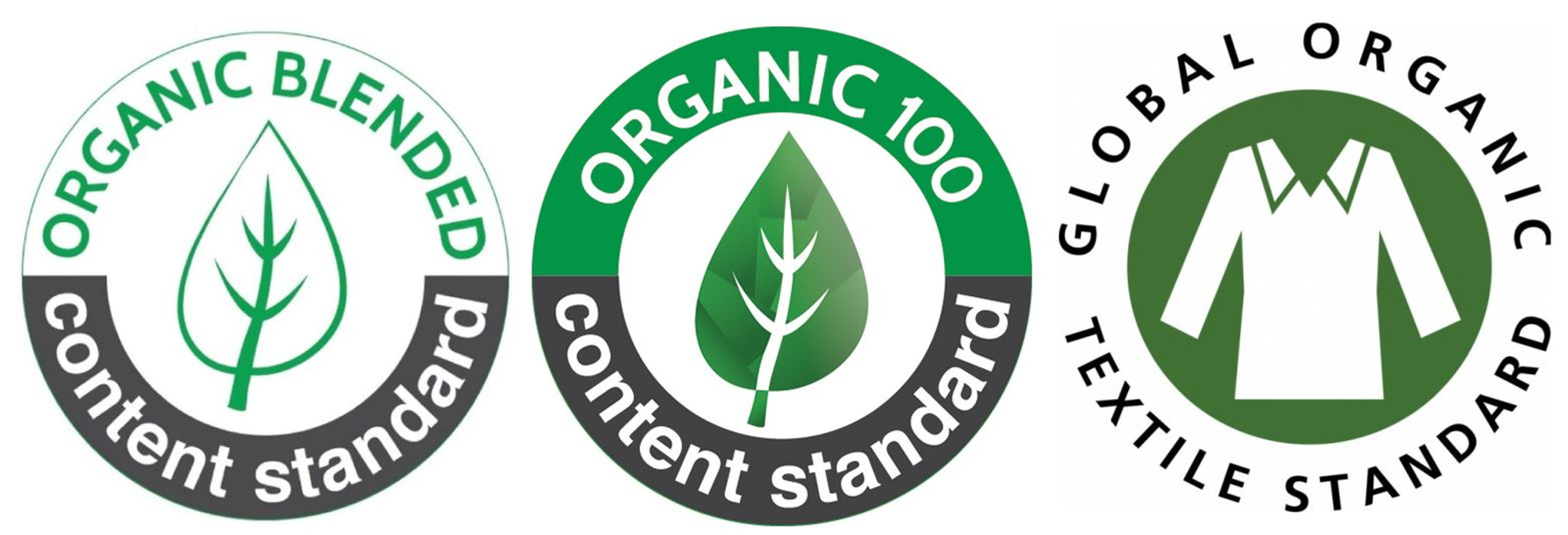
With OCS certification, you can be sure that organic materials have been used throughout the entire processing phase. The verification process guarantees a minimum percentage of organic material in the final product. OCS 100 contains at least 95% certified organic fibres. Products made from fibers, wool, clothing, and decorative fabrics (except leather products) can all be OCS certified.
Benefits
- Increased customer confidence and trust
- Verified compliance with government regulations
- Enhanced marketability of products
- Continuous improvement of organic practices
The Fair Wear Foundation (FWF)
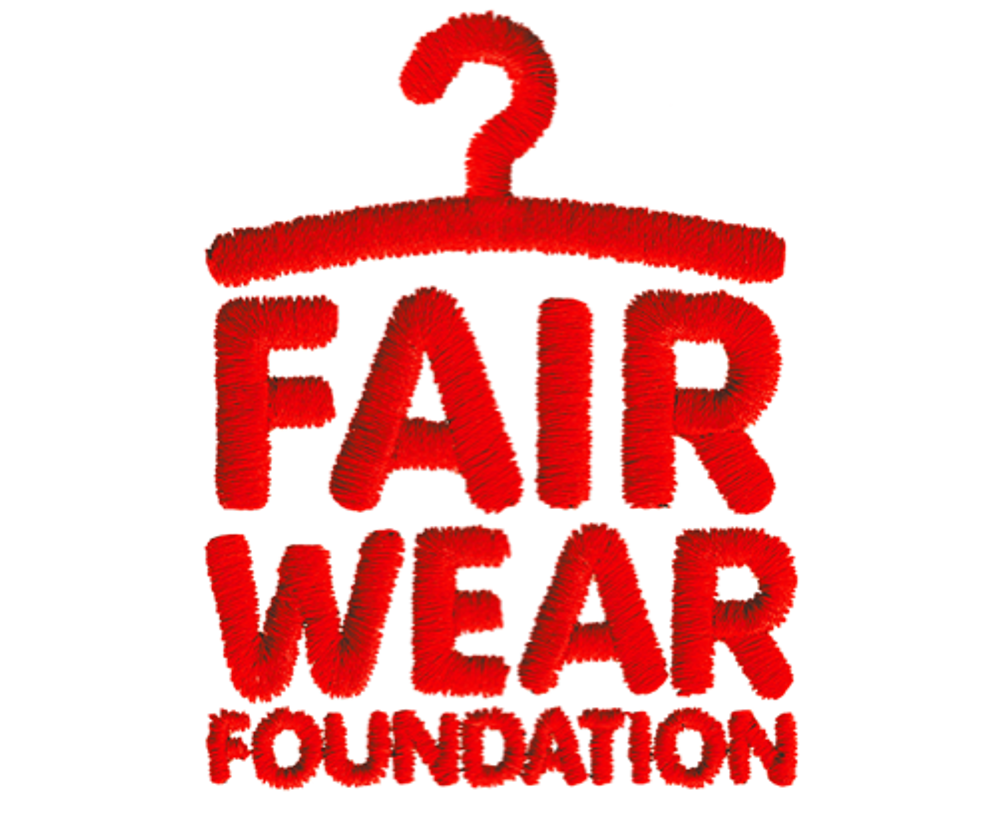
The Fair Wear Foundation (FWF) is an independent, nonprofit organization that works to improve working conditions in the textile and garment industry. The foundation promotes fair labour standards and encourages companies to adopt sustainable business practices.
The foundation encourages companies to operate ethically by offering a Fair Wear certificate. This certificate can be obtained by businesses that meet specific criteria, such as ensuring that their workers are paid a living wage and providing safe and healthy working conditions.
Benefits
- The Fair Wear Foundation certificate is essential because it shows that a company is committed to operating fairly and sustainably.
- This can help to build consumer trust and loyalty, as well as attract new customers who are looking for ethical options.
- In addition, the certificate can also help businesses to access new markets and secure contracts with international brands. Therefore, obtaining a Fair Wear Foundation certificate benefits companies and textile and garment workers.
FLOCERT

FLOCERT is a certificate that textile businesses can get to show they are operating ethically and responsibly. The certification covers a range of environmental and social standards, including working hours, wages, and health and safety. To be certified, businesses must undergo an independent audit and put in place a plan to improve their performance.
Benefit
FLOCERT is widely recognized in the textile industry, and certified businesses often enjoy preferential treatment from buyers. As a result, getting FLOCERT can significantly boost a textile business’s bottom line.
Responsible Wool Standard RWS
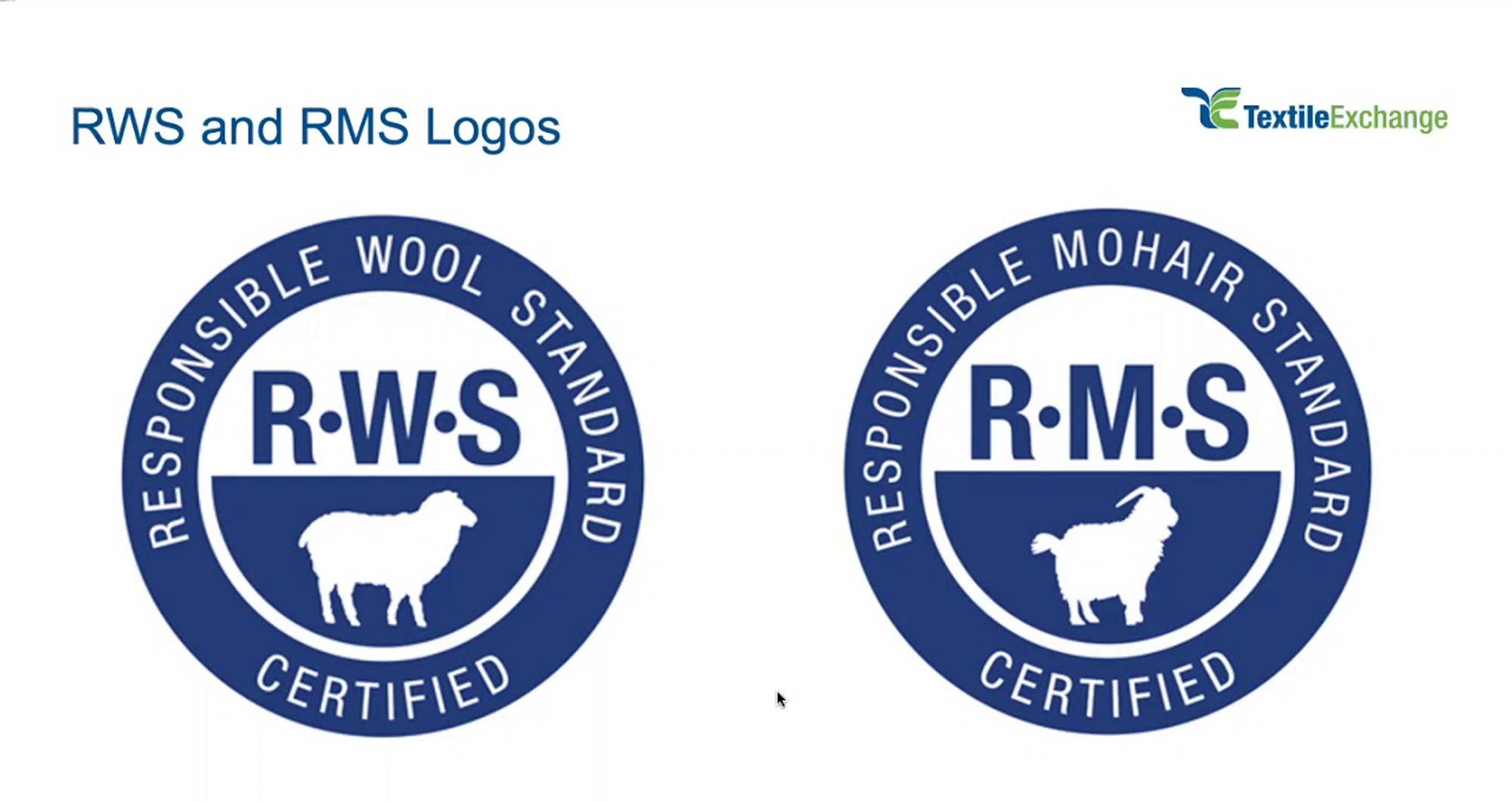
The Responsible Wool Standard (RWS) initiative promotes good practices in the wool supply chain, from farm to finished product. The RWS certificate guarantees textile industry businesses that the wool they use comes from farms that meet high standards for animal welfare, land management, and social responsibility. The RWS certification is voluntary, but it is gaining traction as more and more businesses seek to demonstrate their commitment to sustainability.
Benefits
- There are many benefits of having an RWS certification. For one, it provides a competitive advantage for businesses that can show their customers that they are using wool from responsibly managed farms.
- It also helps to build trust and transparency in the supply chain and can lead to cost savings by promoting efficient and sustainable practices.
Responsible Down Standard RDS
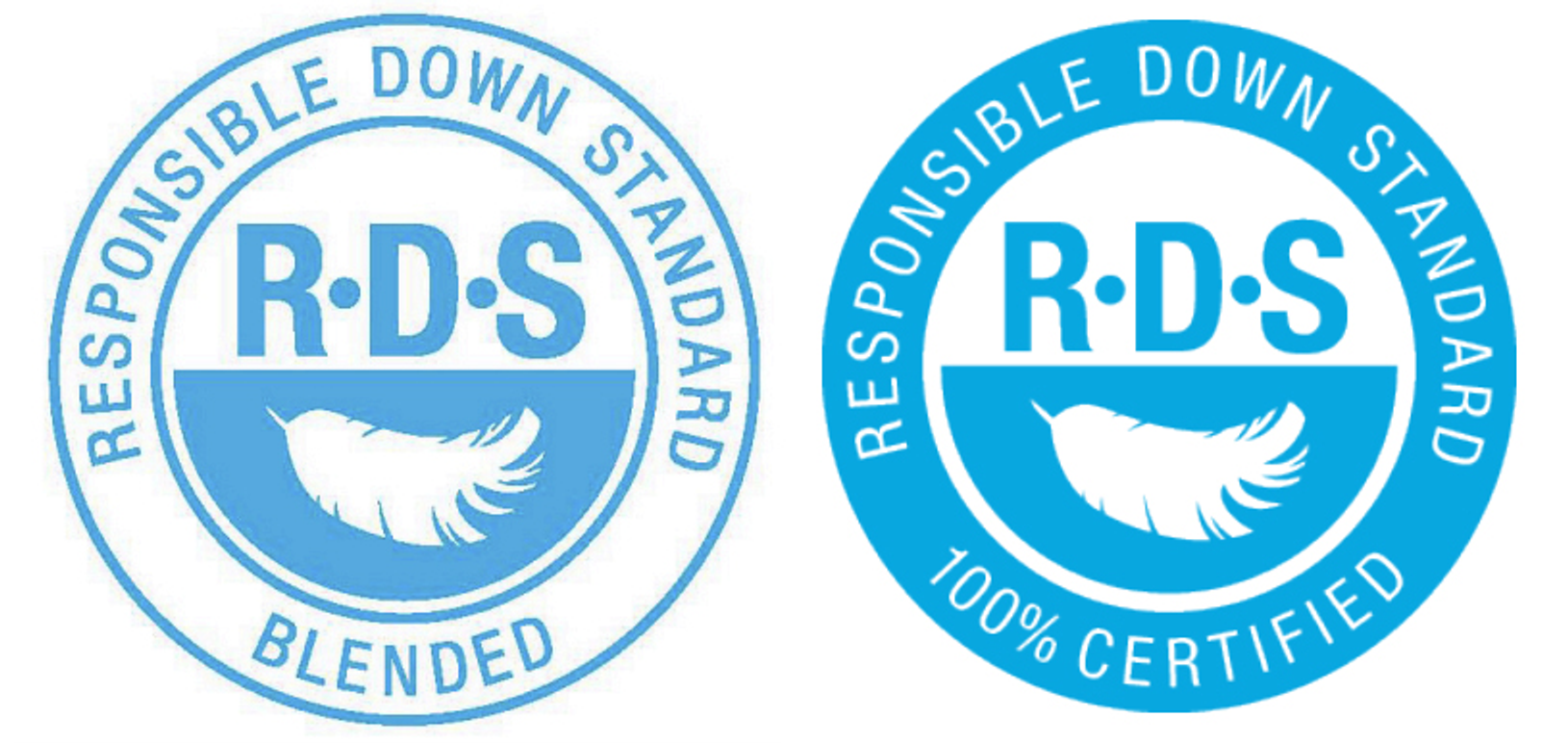
The Responsible Down Standard (RDS) is an independent, voluntary global standard that requires businesses to trace the origins of their down and feathers and ensure that they come from birds treated humanely throughout their lives. The RDS was developed in response to growing concern about the welfare of birds used for down and feather production and is designed to help protect them from unnecessary suffering.
The RDS certification process is rigorous and includes on-site inspections of facilities to ensure they meet the highest animal welfare standards. To be certified, businesses must also commit to regular audits and transparency about their down and feather supply chains.
Recycled Claim Standard (RCS 100)
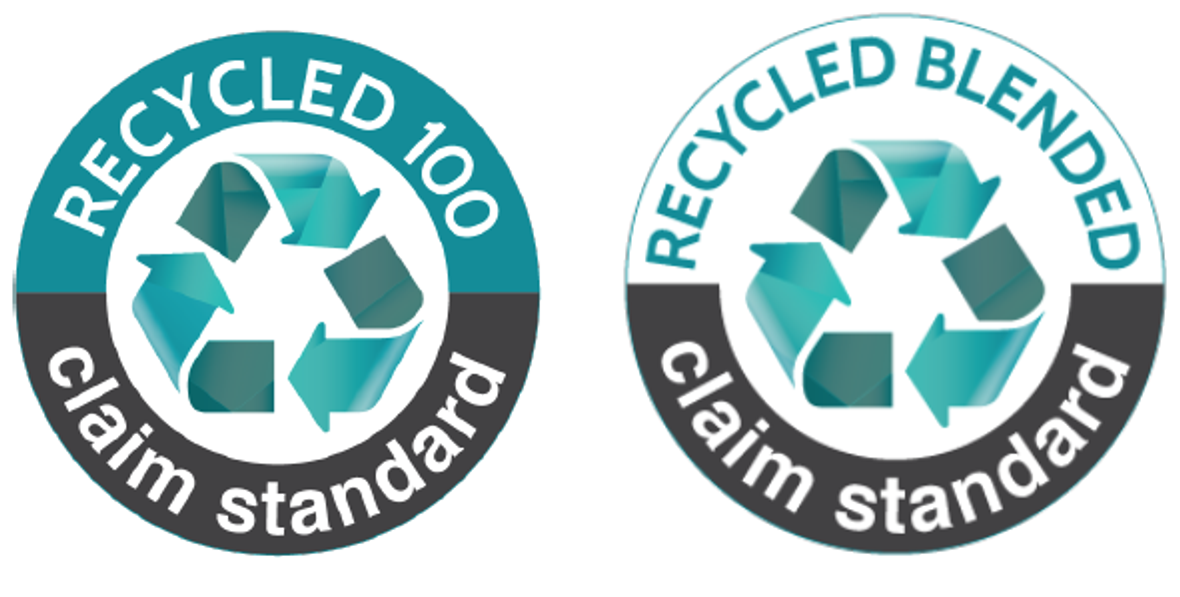
The Recycled Claim Standard (RCS 100) is a globally recognized standard that defines requirements for making claims about the recycled content of products. The RCS 100 can help businesses in the textile industry demonstrate their commitment to sustainable practices, and it can also provide valuable marketing advantages.
Benefits
- It provides third party certification of recycled content claims. This can give businesses a competitive edge as consumers increasingly seek environmentally friendly products.
- It encourages businesses to source materials from certified recycling programs. This helps to ensure that materials are properly recycled and are not in landfills.
- It promotes the use of recycled materials in product manufacturing. Using recycled materials, businesses can save money and reduce their environmental impact.
Sustainable Fibre Alliance (SFA)
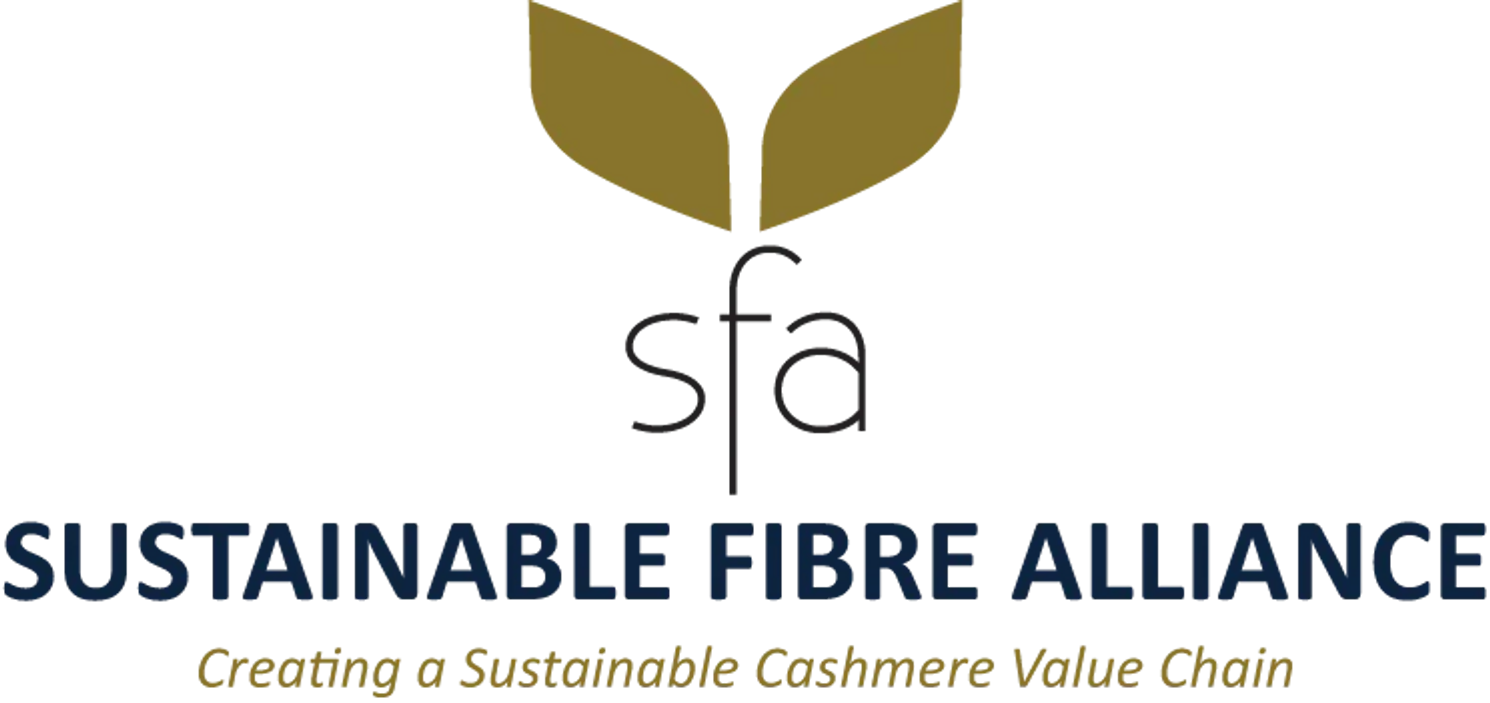
The Sustainable Fibre Alliance (SFA) certificate is an internationally recognized certification system promoting sustainable textile practices. The SFA standards are based on a lifecycle approach, considering the impact of fiber production, processing and end-of-life management on people and the environment.
The SFA certification system is designed to help businesses in the textile industry to operate more sustainably by reducing their environmental impact and improving working conditions. The SFA certificate can be used as a marketing tool to show customers that a company is committed to sustainability.
Textile companies certified by the SFA must meet strict criteria for water use, energy use, chemical use, waste management and social responsibility. To maintain their certification, companies must undergo regular audits and inspections.
Cradle to Cradle certification
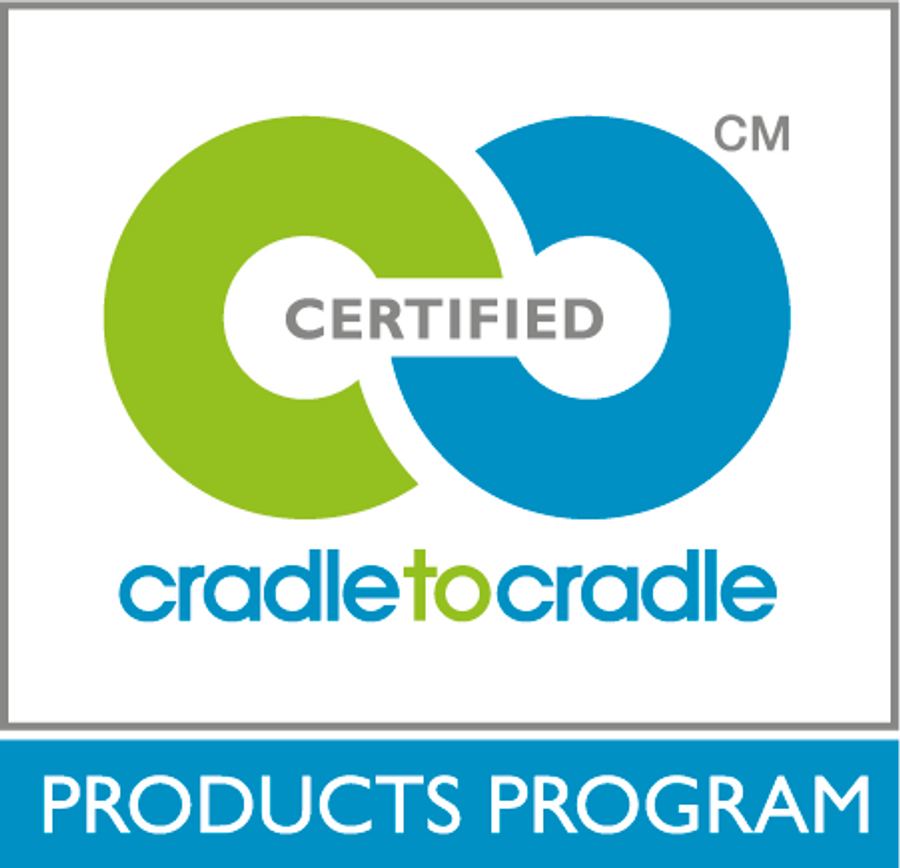
Cradle to Cradle certification is a voluntary certification system that assesses a company’s products and processes against standards that promote safe and environmentally friendly materials and practices. The certificate is designed to help companies move away from traditional linear “cradle to grave” production models, in which materials are used once and then discarded, and towards more sustainable “cradle to cradle” models, in which materials are reused or recycled back into the product cycle.
Textile businesses interested in pursuing Cradle to Cradle certification can begin by assessing their products and processes against the Cradle to Cradle Product Standard. The standard includes material selection, manufacturing, product design, and recycling and reuse criteria. Once a company has met the standard’s requirements, it can apply for certification from an accredited certification body.
Benefits
- Cradle to Cradle certification can be an essential differentiator for textile businesses, helping them to stand out in a competitive marketplace.
- It can also help companies to build trust with their customers and partners and to attract new business.
- Pursuing Cradle to Cradle certification is a commitment to continual improvement, and it is an essential step on the path towards sustainability.
Wrapping up
Lezhou garment factory is a leader in the fashion industry and has earned numerous certifications and standards to help your business succeed.
If you want your garments to be eco-friendly and stylish, look no further than Lezhou garment factory. We hold sustainability and social responsibility as our highest priorities in production so that you can confidently create fashionable clothing without harming the environment. Contact us today for more information on how we can help you reach your goals.

2 Responses
For my thesis, I consulted a lot of information, read your article made me feel a lot, benefited me a lot from it, thank you for your help. Thanks!
I am glad to be able to provide you with some assistance in this regard.Hope you enjoy reading 🙂